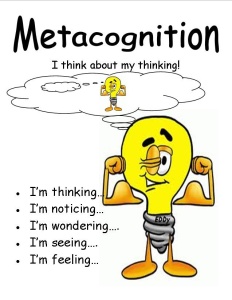
…most errors consist only in our not rightly applying names to things. For when someone says that the lines which are drawn from the centre of a circle to its circumference are unequal, he surely understands (then at least) by a circle something different from what mathematicians understand. Similarly, when men err in calculating, they have certain numbers in their mind and different ones on the paper. So if you consider what they have in mind, they really do not err, though they seem to err because we think they have in their mind the numbers which are on the paper. If this were not so, we would not believe that they were erring, just as I did not believe that he was erring whom I recently heard cry out that his courtyard had flown into his neighbour’s hen (NS: although his words were absurd), because what he had in mind seemed sufficiently clear to me (viz. that his hen had flown into his neighbour’s courtyard).
And most controversies have arisen from this, that men do not rightly explain their own mind, or interpret the mind of the other man badly. For really, when they contradict one another most vehemently, they either have the same thoughts, or they are thinking of different things, so that what they think are errors and absurdities in the other are not. (Spinoza, 1994a, pp. 62, P47 Schol.)
One could extrapolate from this, two major points: that an important part of learning is learning that other people cling to their “own truths”. In other words, they inadequately think that they are “right” and have built up their own narratives as to why they are right. A reasoning learner needs to understand this; needs to understand how and why other people shape their judgements. Second, the learner needs to understand his/her own thought processes; needs to understand how and why he/she believes and learns things. Thus we see Spinoza necessarily urging learners to be “self-reflexive”, wherein self-reflection necessarily includes the ideas of others. This is Spinoza’s brilliant notion of self-reflection–adequate self-reflection is the mode of thought least engaged with the self!
To be properly self-reflexive in a Spinozist sense is to understand the ways in which other people learn as much as yourself. There is a great deal of research that nurturing “meta-cognitive” practices is a very powerful form of learning (Education Endowment Foundation, 2016).
Journey into Joy
Thought experiment: Shut your eyes and try to focus upon one thought, and hold it there. Can you do this, or do you find that your mind drifts away from the topic? What does this tell us about our thought processes?

